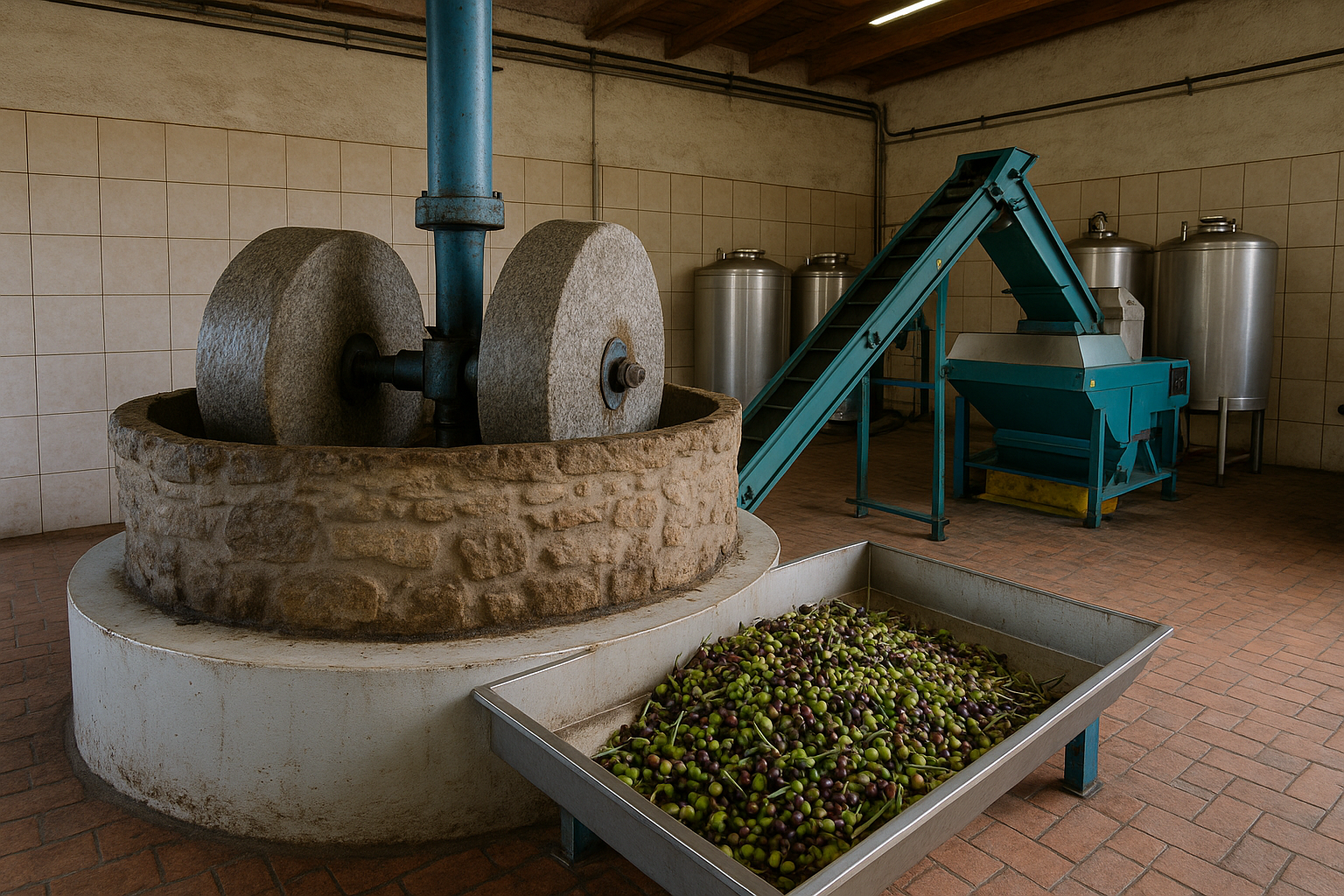The Blessed Gift
The Olive Harvest in Lesvos: A Living Tradition of Art, Community, and Sustainability
Every autumn, the island of Lesvos transforms into a landscape of movement, aroma, and ritual. The olive harvest in Lesvos is far more than an agricultural task — it’s a living tradition that weaves together family, culture, and respect for nature. From the silver-green groves that stretch to the horizon to the rhythmic sounds of rakes brushing branches, the harvest embodies the heart of the island.
The History and Tradition of Olive Cultivation in Lesvos
Olive cultivation in Lesvos dates back thousands of years, with ancient records highlighting its vital role in the Aegean world. Today, the island remains one of Greece’s most important olive-producing regions. Nearly 60% of the island’s arable land is covered by olive trees, and the local economy is deeply tied to olive oil production.
The Olive Varieties of Lesvos
- Adramyttini: The signature variety of Lesvos, producing mild, golden oil with low acidity and a subtle fruity flavor.
- Kolovi: Known for its rich, aromatic oil, the Kolovi variety thrives in the island’s dry climate and limestone soil.
When the Olive Harvest Takes Place
The olive harvest usually begins in November and continues until January, depending on the weather and the maturity of the fruit. Producers choose the perfect harvest time based on the type of oil they want to produce:
- Early harvest: Produces greener, more aromatic oil with a slightly bitter taste — ideal for premium olive oils.
- Late harvest: Produces smoother, golden oil with a mild flavor and less bitterness.
Traditional vs. Modern Harvesting Techniques
Traditional Hand Harvesting
Workers spread nets beneath the trees and gently beat the branches with wooden sticks. This traditional method requires patience and skill but ensures the olives remain intact and undamaged.
Mechanical Harvesting
Modern tools like vibrating rakes and trunk shakers are increasingly used to speed up the process. These methods are efficient and maintain high quality, especially in larger olive groves.
From the Grove to the Olive Mill
Once picked, the olives are transported immediately to local olive mills to preserve their freshness and flavor. Lesvos boasts dozens of traditional mills — many now modernized with stainless steel presses while maintaining their authentic character.
The result is a rich, golden-green oil that captures the essence of the Aegean — Lesvos Extra Virgin Olive Oil, certified with Protected Geographical Indication (PGI) status for its exceptional purity and taste.
A Social and Cultural Celebration
For the people of Lesvos, olive harvesting is more than work — it’s a social and cultural celebration. Families and friends gather in the olive groves, sharing laughter, stories, and homemade meals under the trees, keeping alive a tradition that unites generations.
Sustainability and the Future of Olive Farming
- Use of organic and eco-friendly cultivation methods
- Recycling of olive by-products such as pits and leaves
- Efficient irrigation systems that conserve water
Olive Harvest and Agritourism
In recent years, olive tourism has flourished in Lesvos. Visitors from around the world come to take part in the harvest, learn about olive oil production, and taste fresh-pressed oil directly at the mills. This growing trend strengthens the local economy and promotes sustainable tourism on the island.
Why Lesvos Olive Oil Stands Out
- Low acidity (below 0.5%)
- Golden-green color and delicate aroma
- Smooth, balanced taste
- High nutritional and antioxidant value
Conclusion
The olive harvest in Lesvos symbolizes patience, tradition, and harmony with nature. From the gentle sound of the leaves to the golden oil dripping from the press, it reflects the heart of the island’s people — proud, hardworking, and deeply connected to their land.
Frequently Asked Questions (FAQs)
- When does the olive harvest take place in Lesvos? From November to January, depending on the weather.
- What olive varieties are grown? Mainly Adramyttini and Kolovi.
- How are the olives harvested? By hand or with mechanical tools, always with care for the trees.
- What makes Lesvos olive oil special? Its mild flavor, low acidity, and pure aroma.
- Can visitors join the harvest? Yes, through local agritourism experiences.


